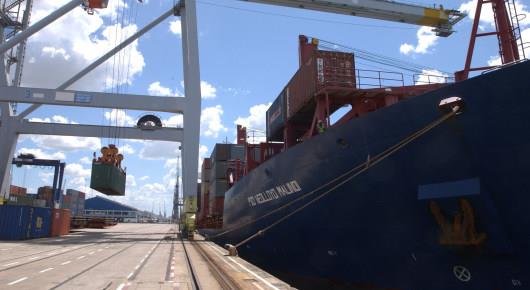Agricultural trade experts gather in Tbilisi, under aegis of FAO

A network of professionals working on agrifood trade in the post-Soviet countries held its fourth annual meeting in Tbilisi, Georgia this week. WTO trade agreements, regional trade agreements, and the promotion of food exports were the main topics of discussion.
The FAO-organized meeting, where the experts discussed individual country experiences in agrifood trade and recent developments in agrifood trade policies, was followed by a one-day regional workshop “Agricultural trade policy, WTO and market development in Europe and Central Asia.”
Formed in December 2014 with support from FAO, the Agricultural Trade Expert Network in Europe and Central Asia is a neutral and independent platform for the exchange of knowledge and experience on agrifood trade issues in the region. Members are economists, legal experts and others who conduct research, carry out training programmes, and advise government and the private sector on issues related to agricultural trade and trade policy.
“Supporting and coordinating this network is one way in which FAO is assisting the countries in their process of greater integration with global markets,” said FAO trade economist Iryna Kobuta. “It is part of an FAO regional initiative on improving agrifood trade and market Integration in Europe and Central Asia.”
At the conclusion of the annual meeting on 4 October, members agreed on a tentative work plan for the network for 2018.
During the 5 October workshop, panel discussions featured specialists from Canada, Ukraine, Russia, and Serbia, as well as FAO trade experts. The workshop was a follow-up to a series of FAO facilitated e-learning courses on "WTO accession and implications for agriculture in the post-Soviet countries." Some 180 people took the course in June and September 2017, in cooperation with the United Nations Institute for Training and Research (UNITAR).
FAO economist Ekaterina Krivonos explained: “The participants who showed the best results during the course of the training were invited to the workshop in order to build upon the knowledge obtained through e-learning.”
5 October 2017, Tbilisi, Georgia
